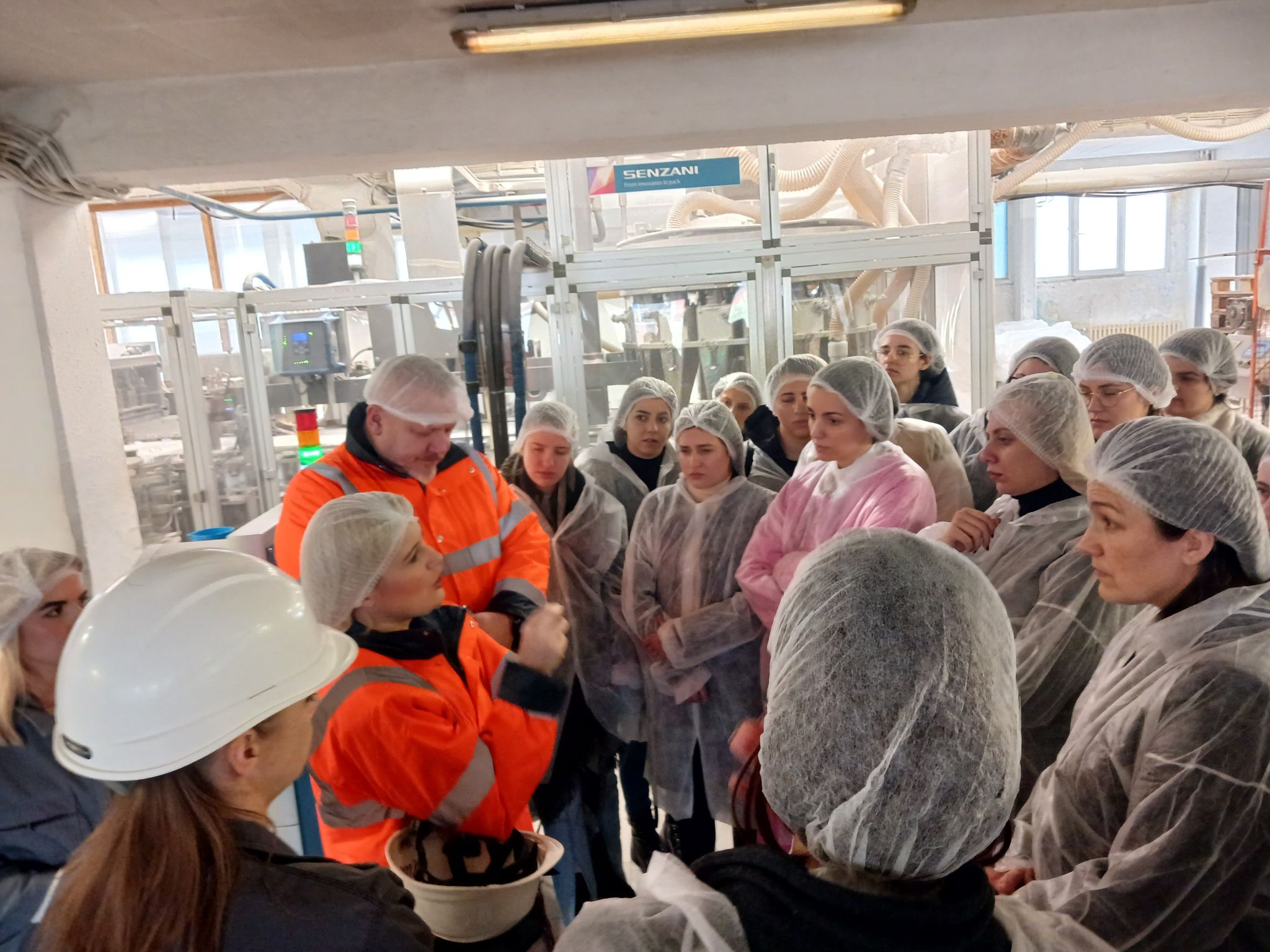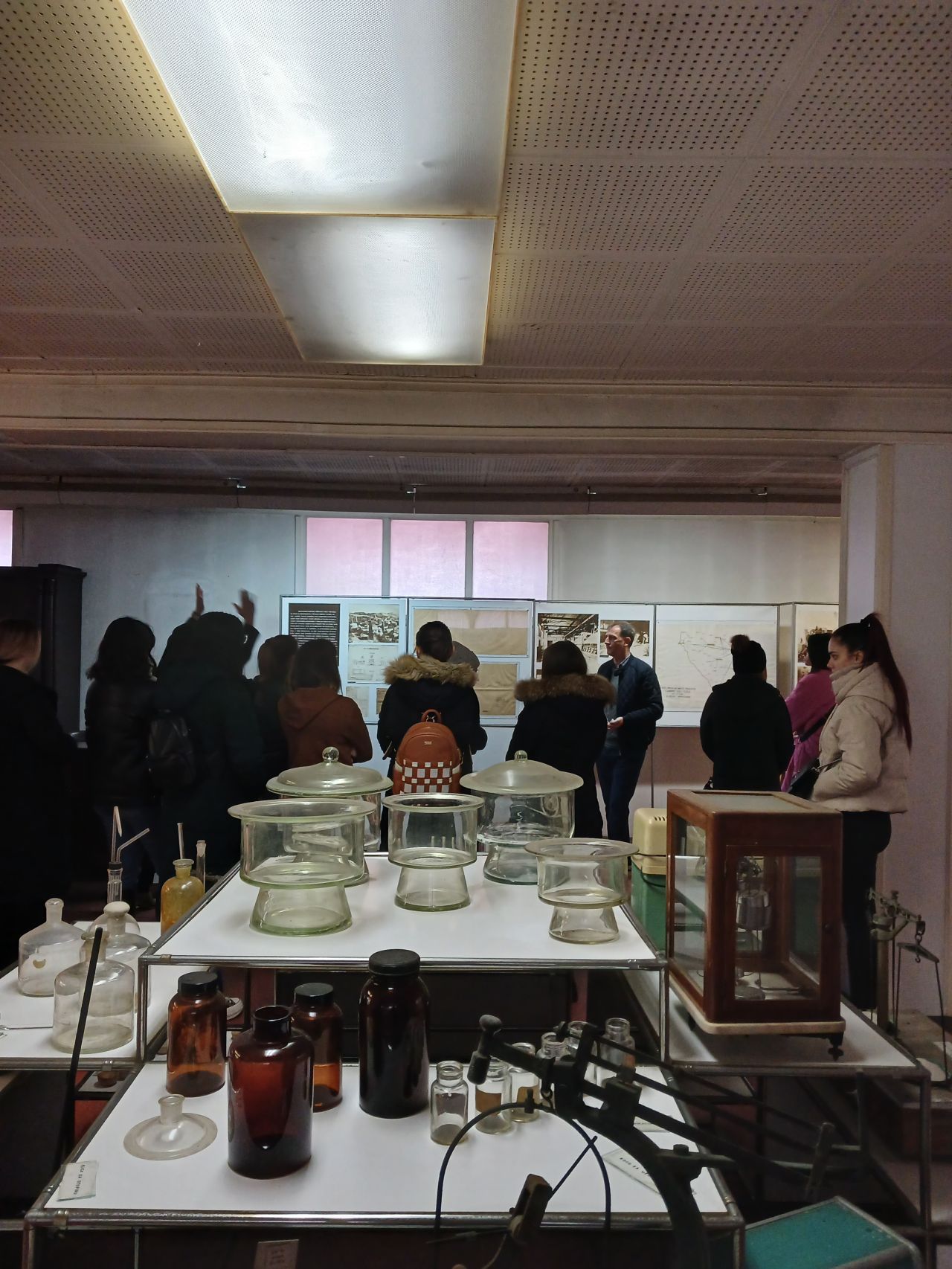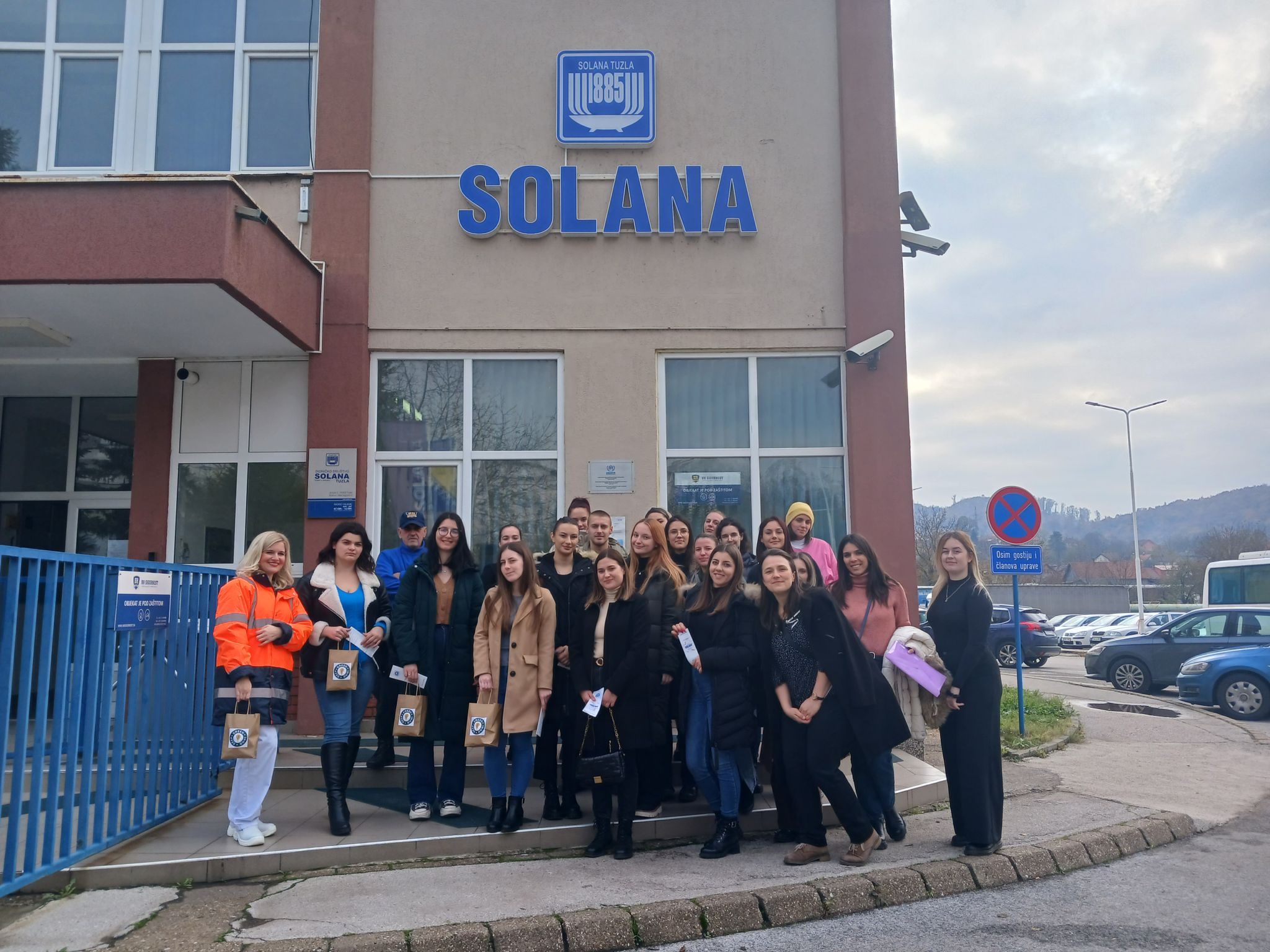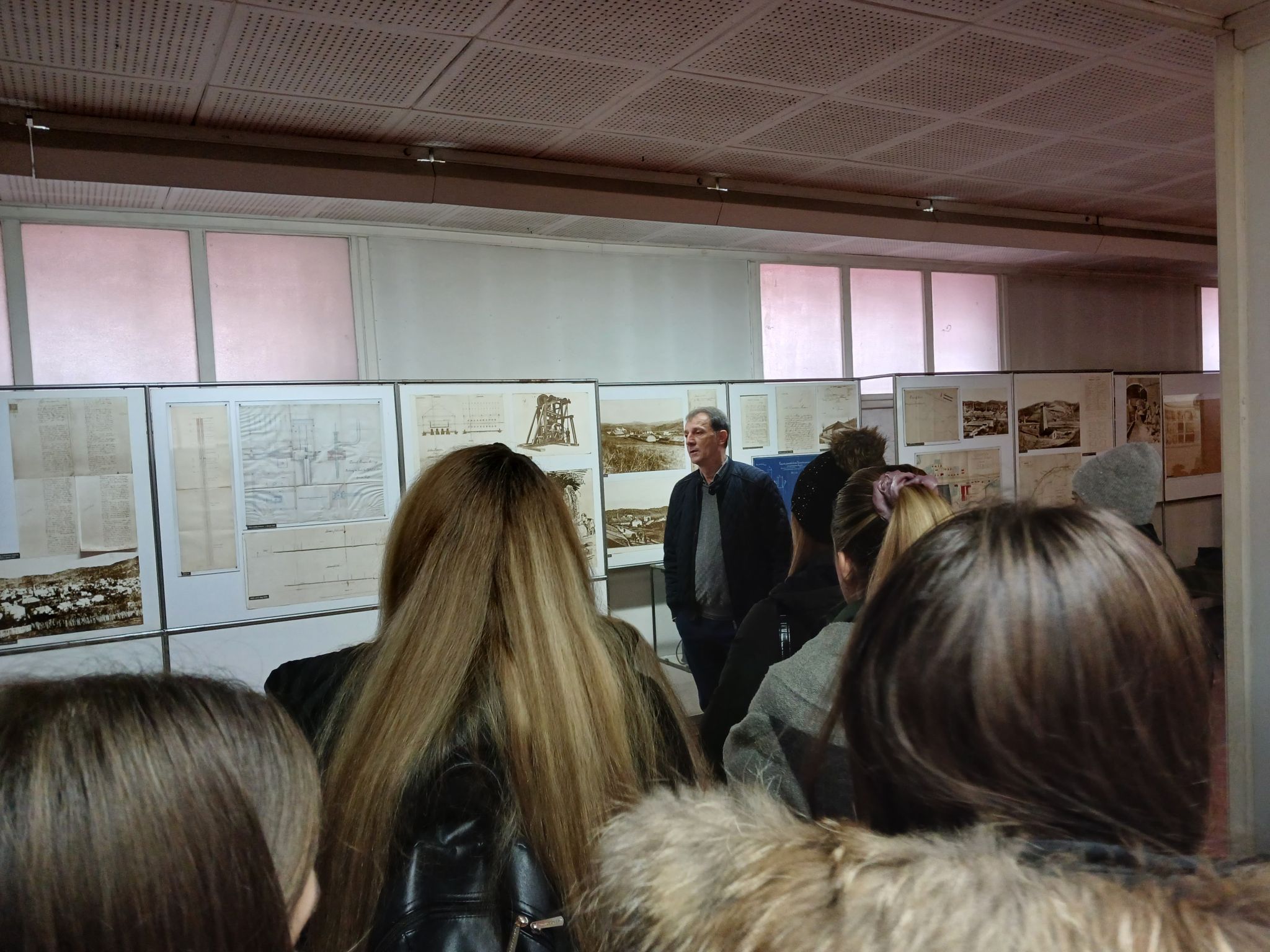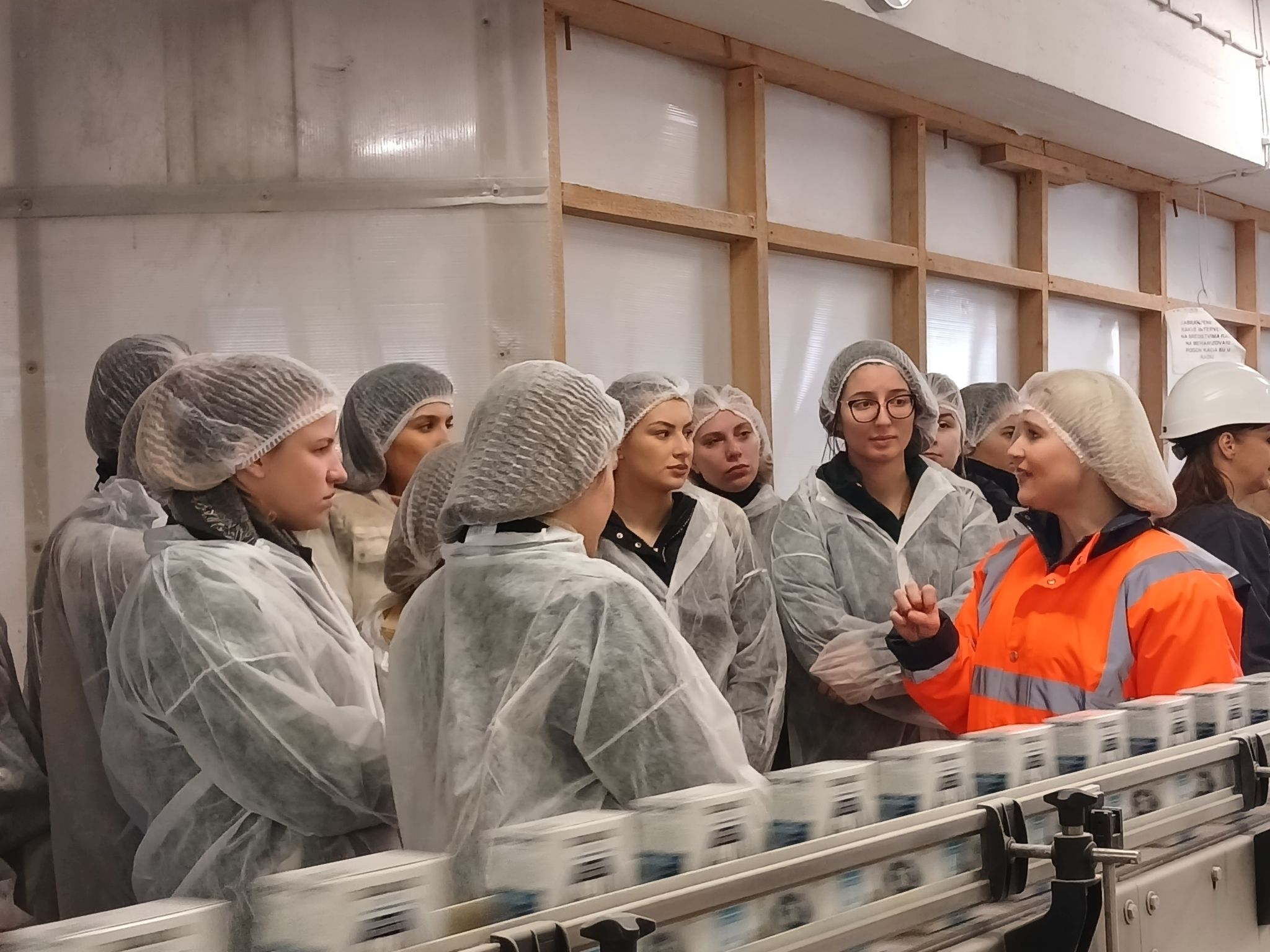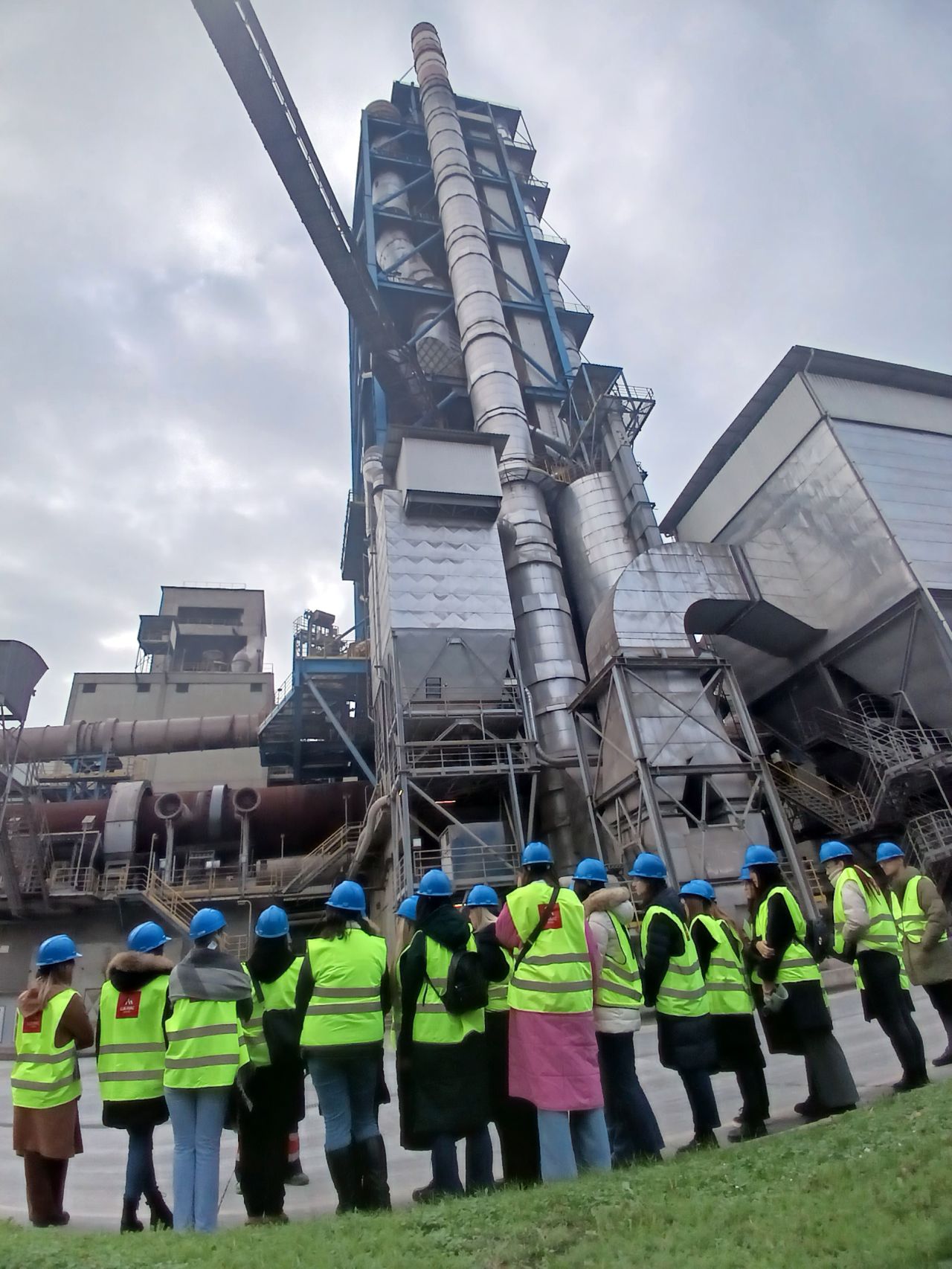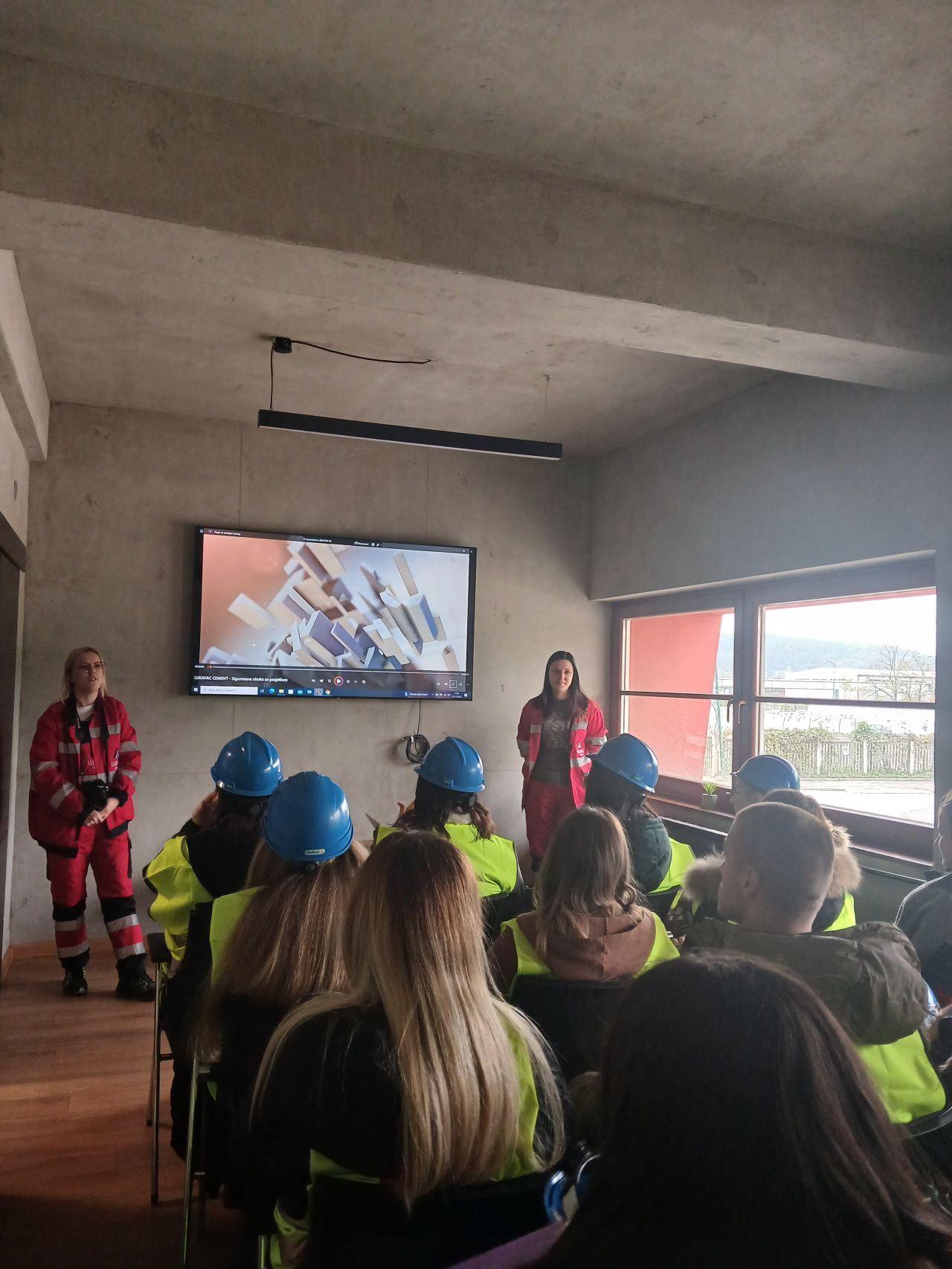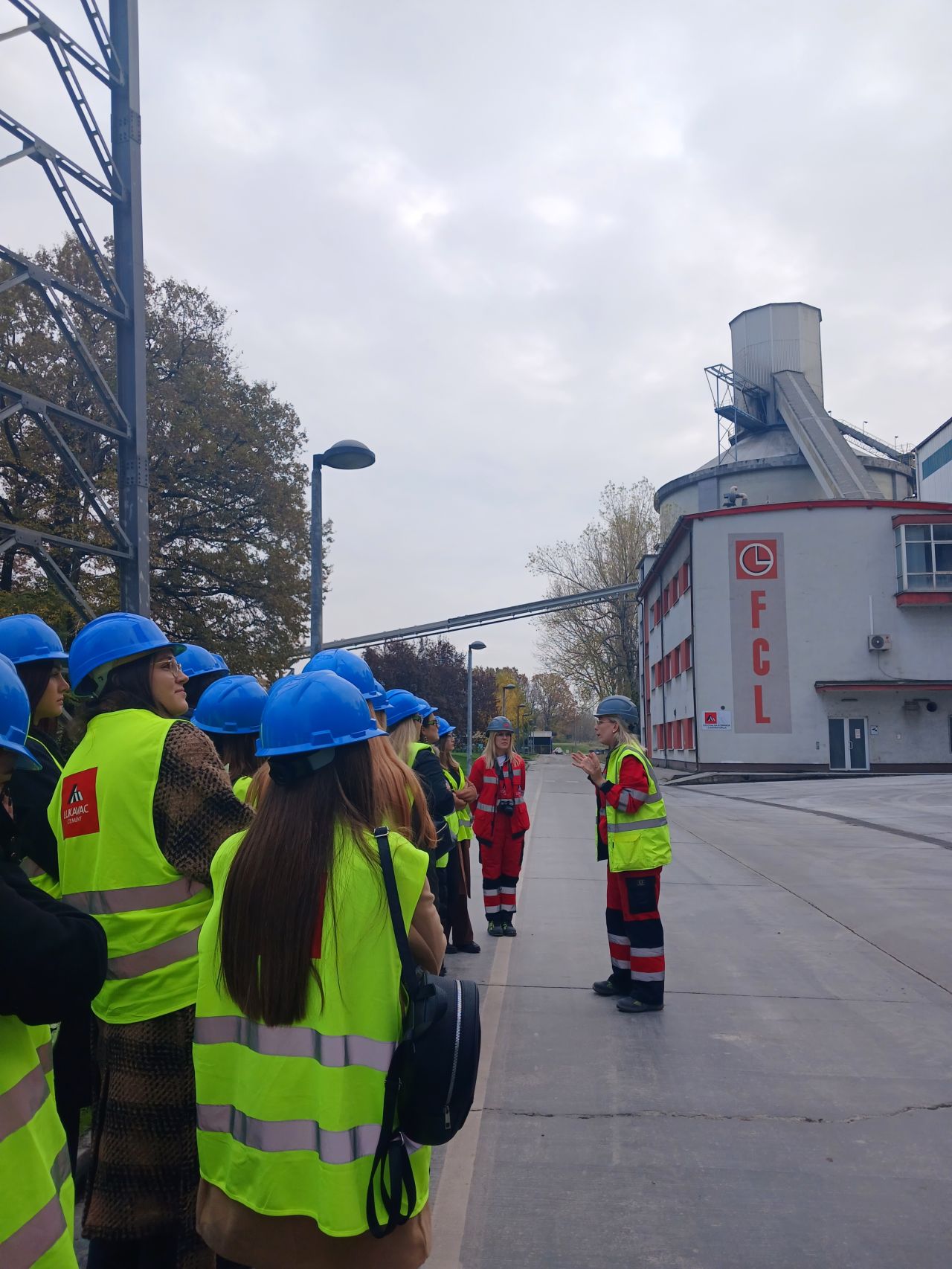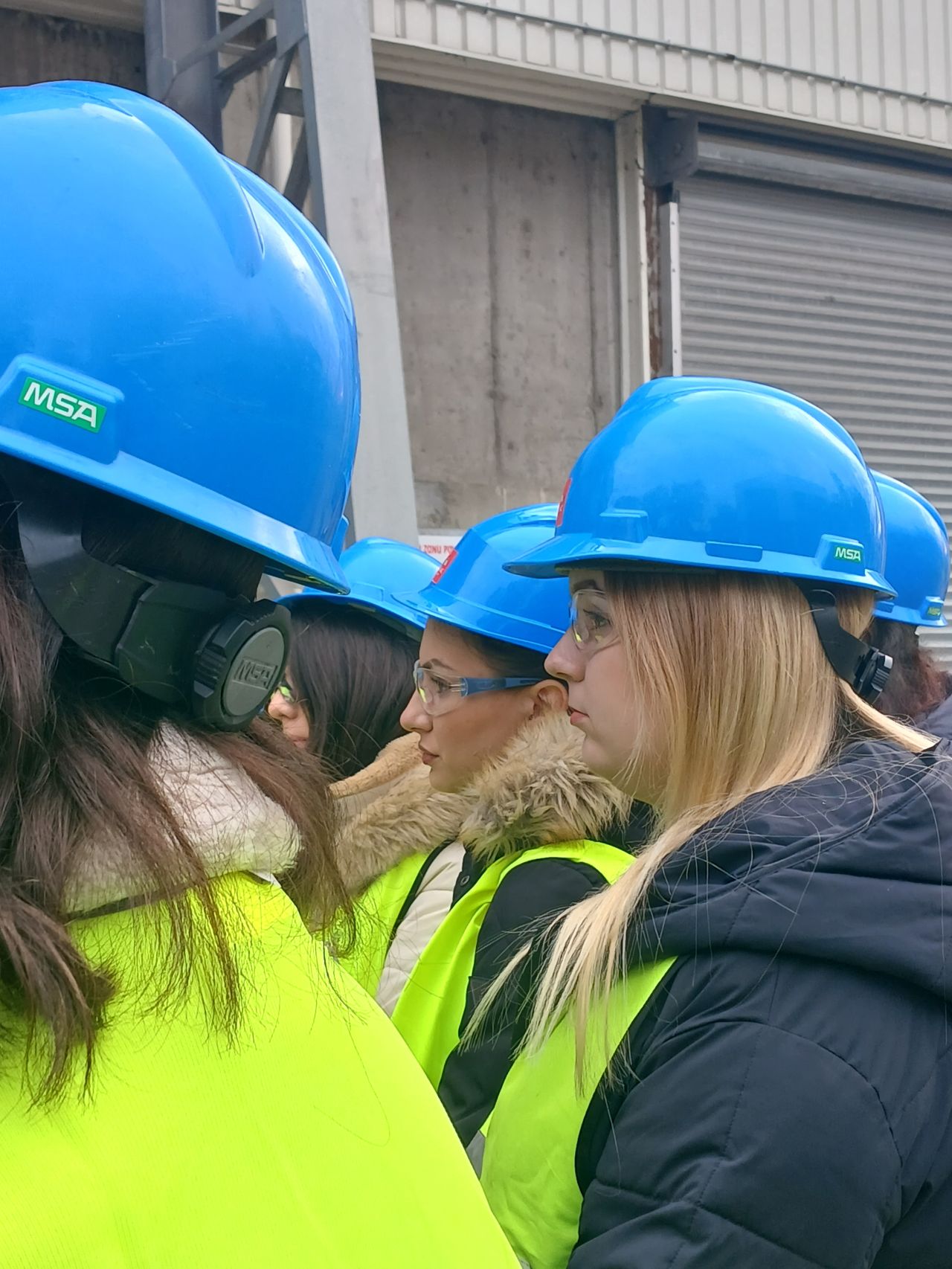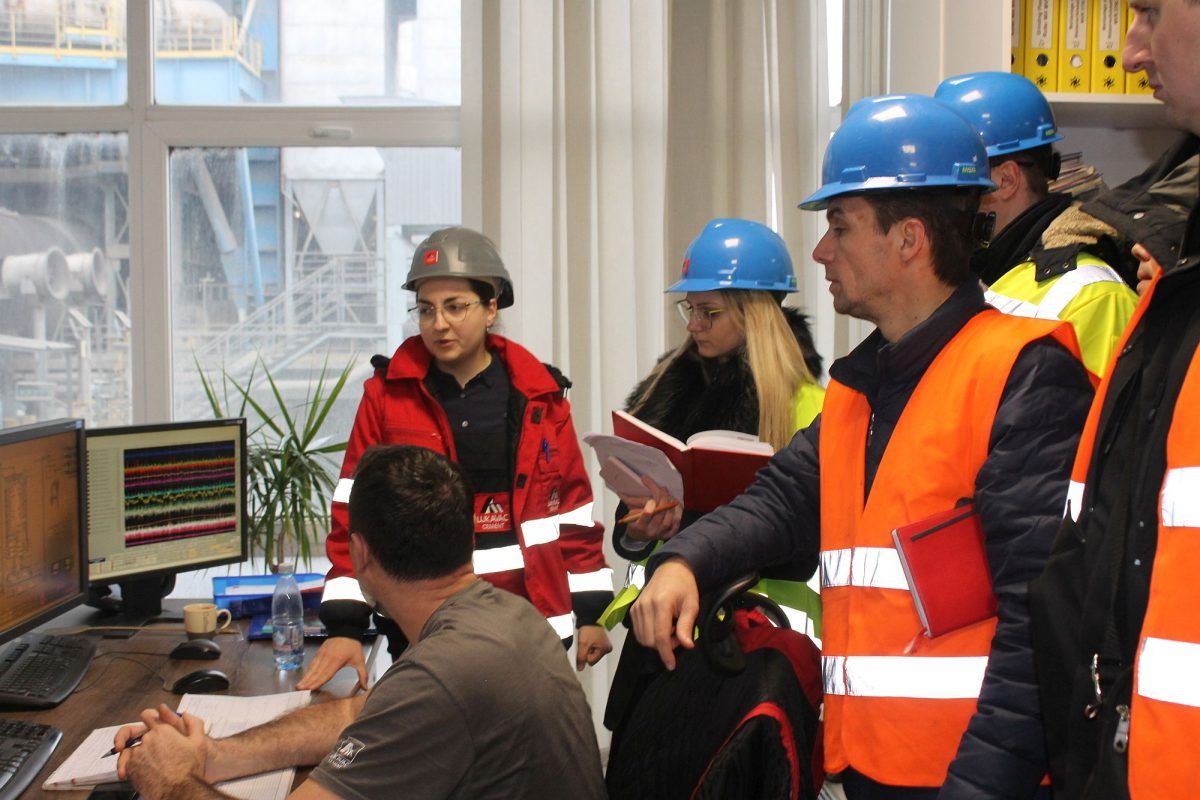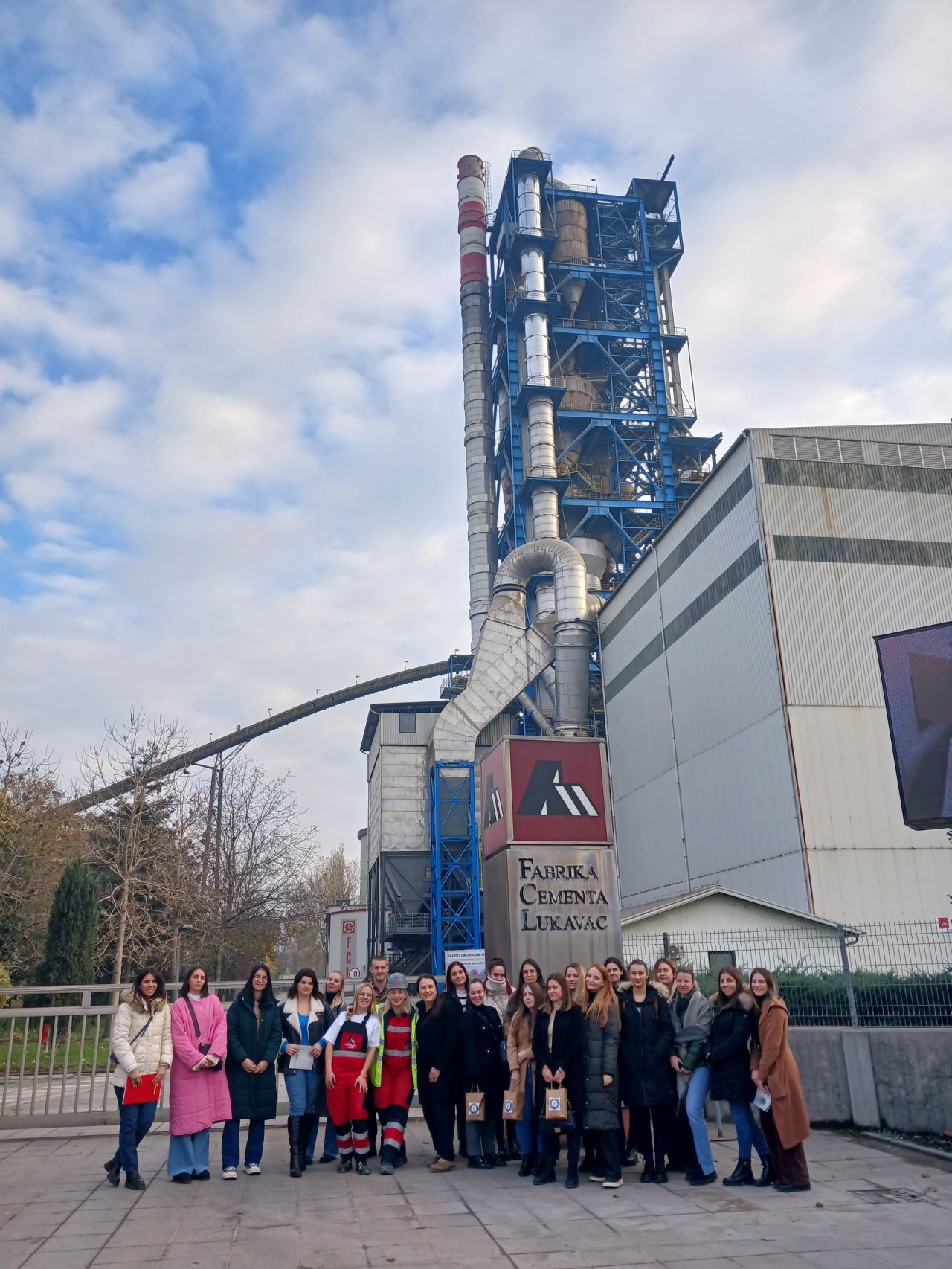LARGE PLAYERS GOING GREEN: STUDENTS TRAINING IN CEMENT AND SALT INDUSTRY
One of the main components of Deep Green Inno project is students' understanding of need for "greenification" 🌳 of the already existing large industries. That, most of the time is not possible without deep tech. Students from Faculty of Sciences, University of Banja Luka had their final training in the first phase of our project, in the premises of two Bosnian industrial giants 🏭 🏭 doing exactly that.
Visit to the SOLANA Group in Tuzla, presented students with the newest technologies in salt processing and product portfolio. This is the continuation of their summer visit to the "Rudnik soli" (salt mine Tuzla). Students are being trained and studied about the new possibilities for extensive NaCl deposits (over 50 M tonnes) in this city such as sodium-ion batteries ⚡ production. However, what they have seen at the state of the art production lines for kitchen salt and water-softening salts was not less impressive. Incredible care with which the sensors and sophisticated chemical analyses are used to prevent any contamination in this factory are inspiring. Engineers have started their tour with Salt production museum and finished it with robotic packaging and storage systems which are the examples of deep tech in its best. Although the factory uses waste heat ♻ from the nearby thermal plant, facing the 2030 decarbonisation goals, company is also preparing to invest in solar energy production.
Later during day, the training continued by deepening the students understanding of the cement industry at the Lukavac Cement d.o.o. located nearby. It is common knowledge that the cement industry is leaving a large carbon trace, but this company with its very young workforce and engineers is setting a positive example. They use thousands of the temperature 🌡 sensors in production, following every detail real time 24/7 in efforts to reduce the energy consumption. Also they apply the alternative fuels such as refuse-derived fuel (RDF). This was a great moment to discuss with students how use of RDF is helping waste management by reducing the need for landfills and it produces much less carbon gasses than traditional fossil fuels (suggested also by EU Landfill Directive). Future needs however to bring even more reduction in the emission gasses and that is the role our students as future experts to find better ways for it. The training was completed by the visit to the state-of-the-art laboratory 🔬 where students were able to see XRF, XRD techniques along with number of mechanical material quality control methods.
